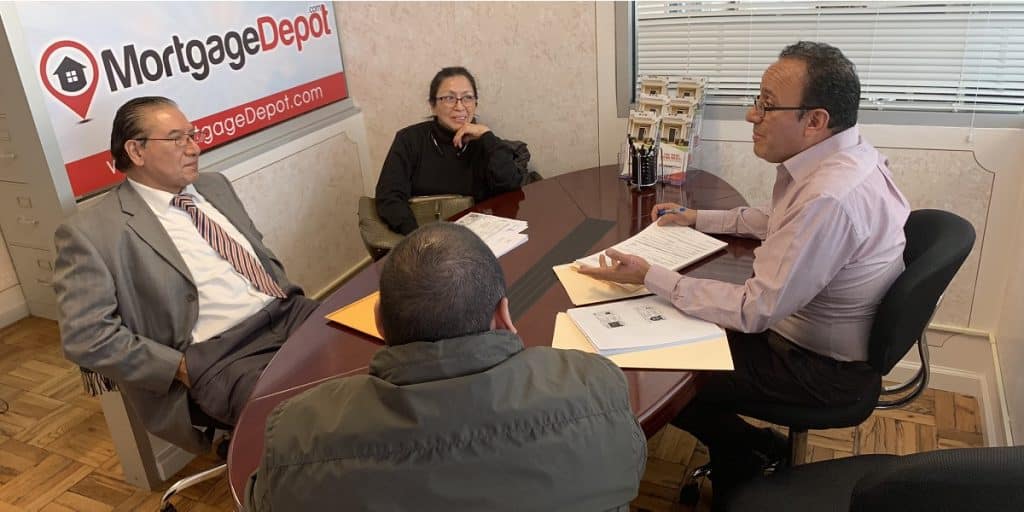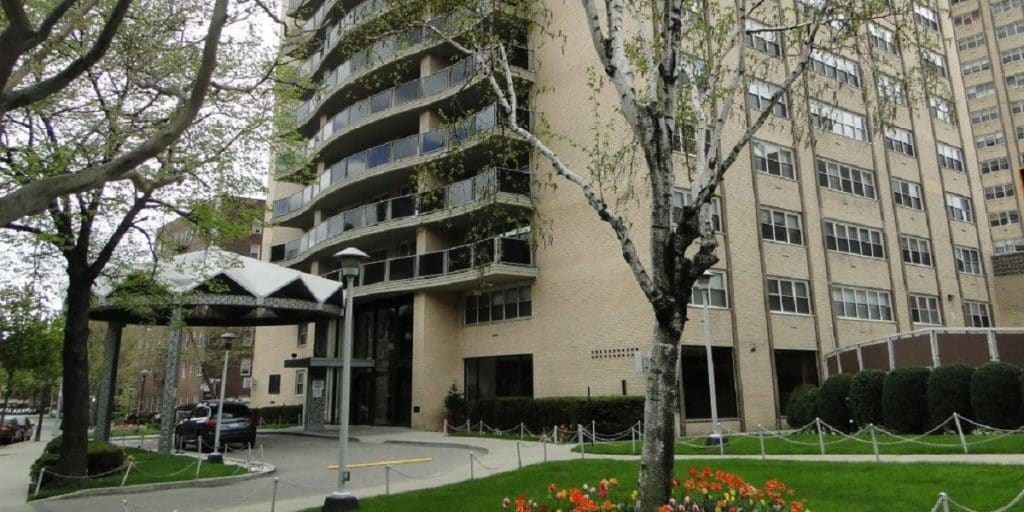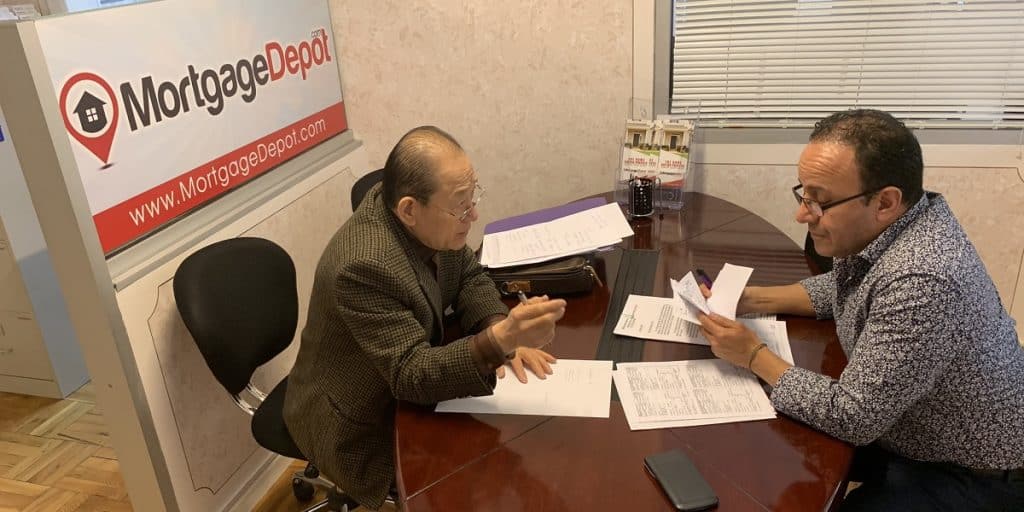
When you apply for a mortgage, your interest rate will adjust with the market until the rate is locked. This adjustment, which is also called floating the rate, can ultimately impact your approval chances, your monthly mortgage payment and more. When you lock the rate, you are securing the rate for your mortgage regardless of how high or low the rate moves until closing. Some loans have a float-down option, and this means that you are locking in an upper cap on the interest rate. If rates drop before closing, you secure that lower rate. Keep in mind, that most rate locks are valid for 15 to 60 days.
Mortgage interest rates are volatile and may change slightly from day to day. In some cases, relatively large dips and spikes may occur. Movement is driven by economic changes, mortgage demand, the mortgage-backed securities market and even the federal funds rate. Because so many moving factors influence rates differently, it is generally not possible to time the market or to know with certainty whether rates will go up or down within a certain period of time.
When your rate floats, you are essentially taking a risk. The rate could move up or down several times before your closing date. While locking your interest rate is a personal decision based on your tolerance for risk in some cases, there are instances when you should lock your interest rate. For example, you may not be able to qualify for a higher mortgage payment, or you may not be interested in taking a loan with a higher payment. If you are rate-sensitive in this way, locking your rate is a smart idea.
Are you ready to lock your interest rate, or are you eager to get the ball rolling on a new loan request? Our MortgageDepot lending team is available to help.
Contact one of our loan consultants to learn more.
Have questions or need help?
Call us now at 800-220-LOAN
Request a call back or email us your questions!







